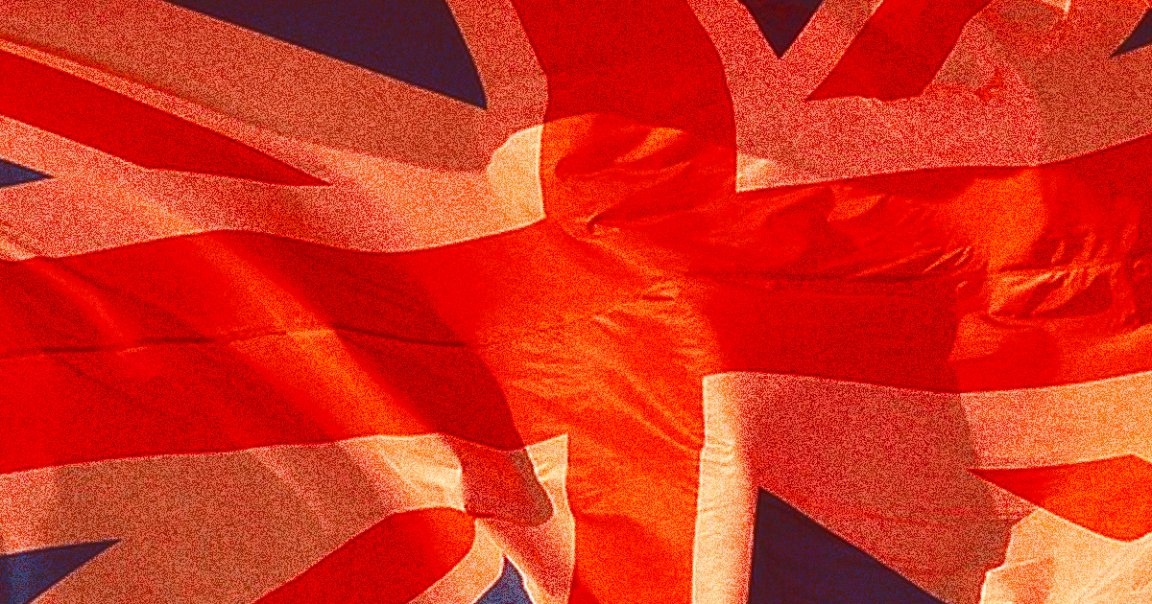
As a new variant of COVID-19 spreads throughout all four countries of the United Kingdom, the government has decided to delay lifting its various coronavirus restrictions by another four months.
The plan is to give everyone a little bit more time to get vaccinated, New Scientist reports, so that once restrictions are lifted the subsequent surge in new infections won’t be quite as severe. The problem is that the delta variant of COVID-19 — that’s the one first discovered in India — is quickly becoming the dominant strain throughout the UK, where coronavirus infections are once more on the rise. The variant now makes up 90 percent of new cases there.
Delaying the reopening, given the circumstances, makes a lot of sense. The delta variant is about 60 percent more transmissible than the alpha variant — first discovered in the UK — which you may remember was already way more infectious than the original coronavirus strain that first swept the globe.
Most troubling is the fact that the delta variant doubles the risk of hospitalization among unvaccinated coronavirus patients, according to New Scientist. And Public Health England data shows that a fully vaccinated person who got both shots is fairly well protected against the variant, lifting restrictions now would put the large portion of the population that’s unvaccinated or only partly vaccinated in harm’s way.
“We need to get these second doses out there,” Public Health Scotland national CIVID-19 incident director Jim McMenamin told New Scientist.